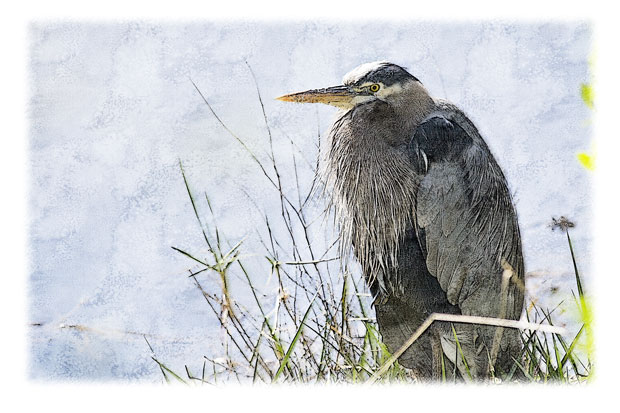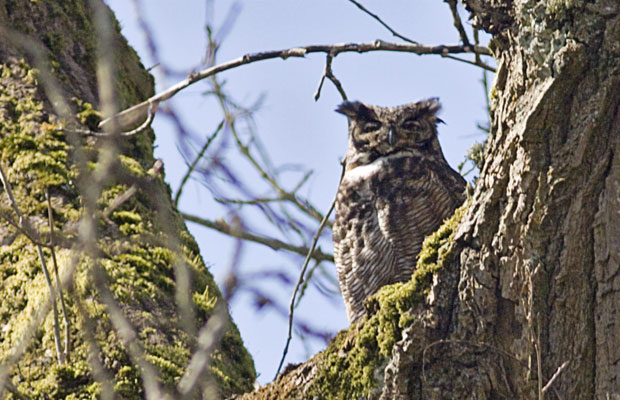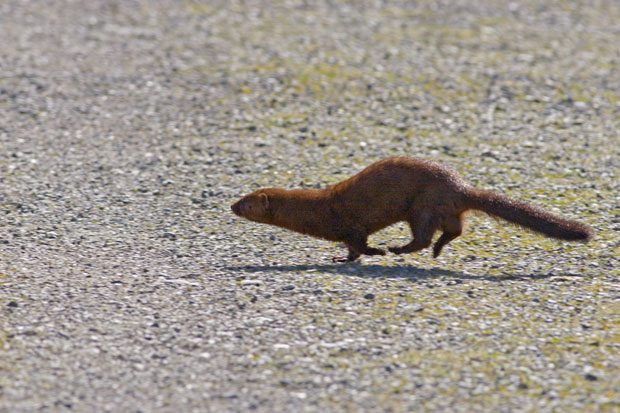While I like the photos, the gentle side trips with grandchildren, I am drawn most to the original spirit of your blog, partly because I have personal history with Roethke. When he spoke with us in the 60s about his affliction, he never talked much about how he managed it, or about other poets who shared his dilemma. But there are plenty. I offer this comment in that spirit.
Roethke was not travelling solo when he wrote In a Dark Time.
He was mining a field where he found the footsteps of other poets and philosophers, from mystics like Boehme and Blake to more contemporary poets Yeats and Matthew Arnold and Wordsworth.
Written after several episodes of the manic-depressive illness that dogged him, and reflecting the influence of Freudian theory on the arts in America in the 40s & 50s, his poem celebrates the triumph of the spirit in a quest for wholeness.
Other poets walked that walk and talked that talk, too. Roethke knew a few, including Robert Lowell and John Berryman. He knew the powerful poems of Kunitz, and knew about the troubled lives of others like Delmore Schwartz and Hart Crane. He was also a mentor to James Wright and Richard Hugo, who had their own turn dancing with the devil (see esp. Hugo’s late “letters” to friends).
But here’s a Sexton piece:
Her Kind
I have gone out, a possessed witch,
haunting the black air, braver at night;
dreaming evil, I have done my hitch
over the plain houses, light by light:
lonely thing, twelve-fingered, out of mind.
A woman like that is not a woman, quite.
I have been her kind.
I have found the warm caves in the woods,
filled them with skillets, carvings, shelves,
closets, silks, innumerable goods;
fixed the suppers for the worms and the elves:
whining, rearranging the disaligned.
A woman like that is misunderstood.
I have been her kind.
I have ridden in your cart, driver,
waved my nude arms at villages going by,
learning the last bright routes, survivor
where your flames still bite my thigh
and my ribs crack where your wheels wind.
A woman like that is not ashamed to die.
I have been her kind.
and another by John Berryman:
DREAM SONG 36
The high ones die, die. They die. You look up and who’s there?
Easy, easy, Mr Bones. I is on your side.
I smell your grief.
I sent my grief away. I cannot care
forever. With them all align & again I died and cried, and I have to live.
Now there you exaggerate, Sah. We hafta die. That is our ‘pointed task. Love & die.
Yes; that makes sense.
But what makes sense between, then? What if I
roiling & babbling & braining, brood on why and
just sat on the fence?
I doubts you did or do. De choice is lost.
“It’s fool’s gold. But I go in for that. The boy & the bear
looked at each other. Man all is tossed
& lost with groin-wounds by the grand bulls, cat.
William Faulkner’s where?
(Frost being still around.)
Here’s a slapdash list of some poets/poems about dealing with dark times:
Hopkins (No Worst There Is None; I Wake & Feel the Fell of Dark Not Day; Thou Art Indeed Just, O Lord);
WB Yeats (A Coat;
Under Ben Bulben;
Crazy Jane poems)
Pablo Neruda (Sometimes I Get Tired of Being a ManWalking Around);
Stanley Kunitz (The Changes; > Portrait; King Salmon; Father & Son);
Robert Frost (Acquainted with the > Night; The Most of It);
Adrienne Rich (Diving into the Wreck);
Richard Eberhardt (I Wish I Could Live at the Pitch that is Near Madness)
Robert Lowell (
Man and Wife
; Memories of West Street and Lepke; other poems in Life Studies).
Richard Hugo
(Degrees of Gray in Philipsburg)
Mike Robinson
Like this:
Like Loading...



